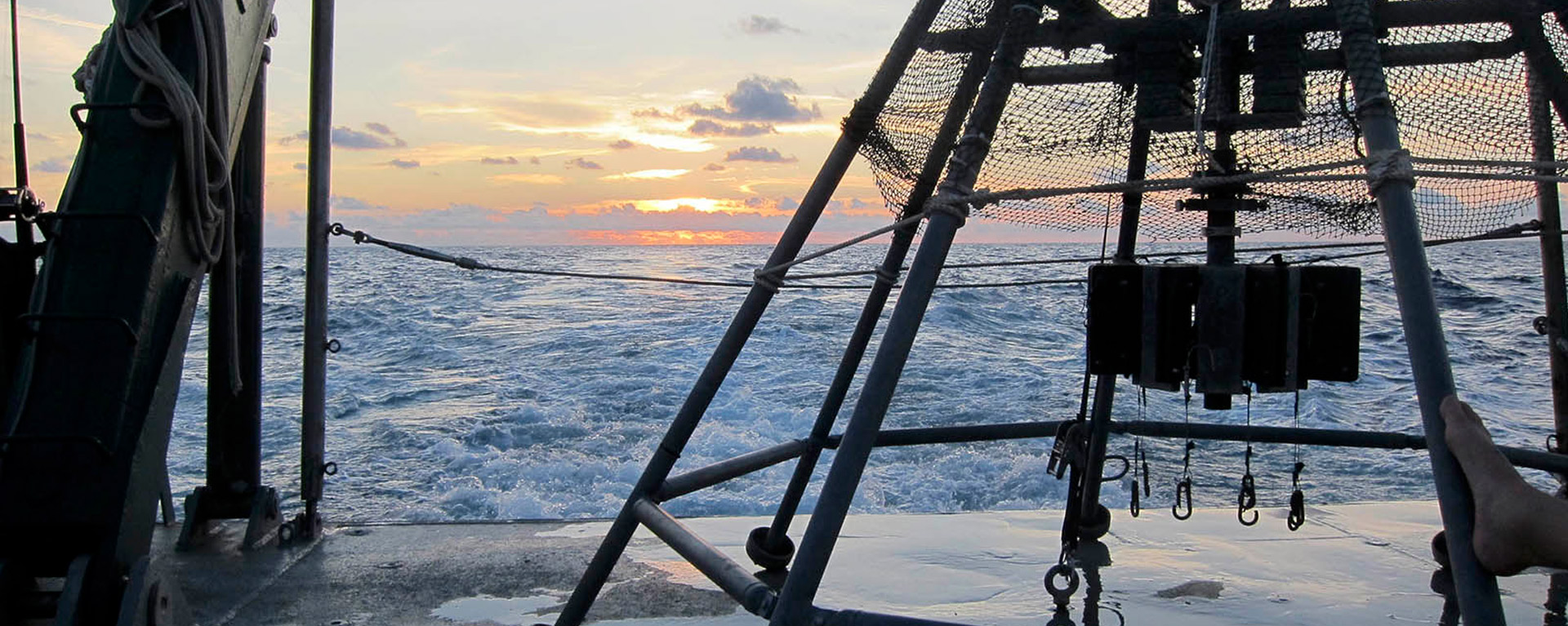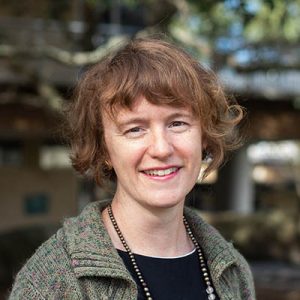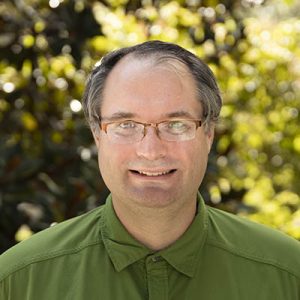Tackling critical issues of today
The Eckerd College Gulf Scholars Program provides students with the skills to examine and address critical issues facing the Gulf region from a multidisciplinary perspective, with an emphasis on the Tampa Bay area.
We leverage our location and resources to empower future changemakers and leaders equipped to address challenges at the intersections of social, environmental and energy systems to ensure a safer, more resilient, equitable and sustainable region.
We utilize a cohort model to create a cohesive community of Gulf Scholars who learn together.
Stipends
Each scholar receives $3,000 to support their learning and research.
Gulf scholars in the news
- Eckerd College reaches ‘milestone’ at recent Gulf Scholars annual conference - April 10, 2025
- Students honored at 18th Annual Eckerd College Research Symposium - March 28, 2025
- Eckerd College Gulf Scholars mentor high school students for environmental art show - February 28, 2025

Inspiring leaders in the field of resilience on the Gulf Coast and beyond
With support from faculty and researchers, Gulf Scholars learn and practice:
INTEGRATING KNOWLEDGE AND APPROACHES FROM MULTIPLE DISCIPLINES
IMPROVING INTERCULTURAL COMPETENCE
DEVELOPING ETHICAL REASONING AND ENTREPRENEURIAL PROBLEM-SOLVING SKILLS
In addition, because Eckerd is just one member in a regional consortium of colleges and universities with their own Gulf Scholars programs, Eckerd Gulf Scholars attend conferences and other National Academies of Sciences, Engineering and Medicine–sponsored events and establish contacts at NASEM.
All of these experiences and moments put our scholars on track to become tomorrow’s leaders in the field of environmental resilience.
Interdisciplinary, problem-based learning
We contend that an understanding of how separate branches of academia can positively impact others is vital to addressing large Gulf-wide environmental, social and cultural issues—so the core of our program is explicitly oriented toward interdisciplinarity.
We recruit a broad set of Gulf Scholars from across the many disciplines at Eckerd to bring them out of their respective comfort zones with an equally multifaceted curriculum based on a range of professional perspectives.
We also invite students to approach the many challenges affecting our local region through the development of project- and problem-based courses during the Winter Term of their junior year.







